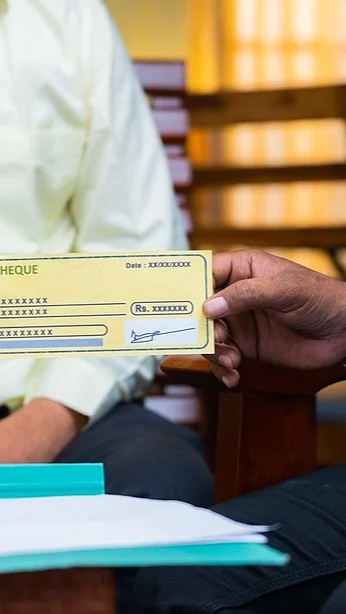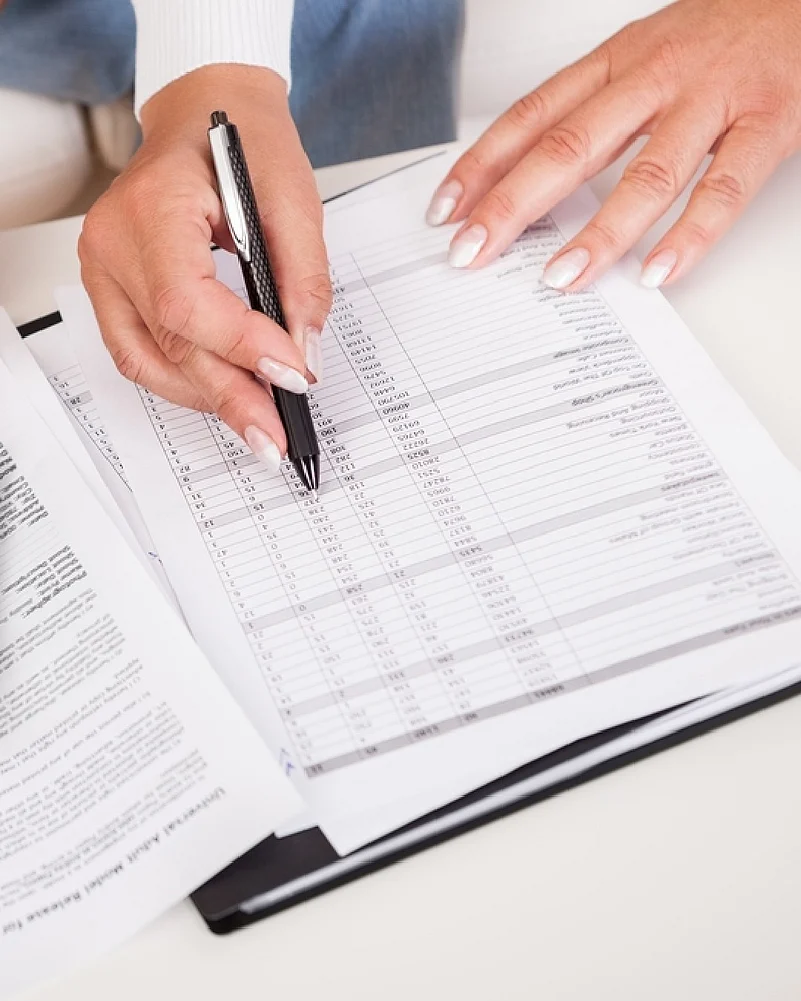Signed cheque
A cheque is a powerful financial instrument through which the exchange of money is facilitated. A signed cheque can sometimes be misused or filled for unintended transactions, causing huge financial losses, therefore one must check all the details before signing a cheque

Keep enough money in the account
It is very important to ensure that there are enough funds in the account to cover the amount of the cheque. Having enough funds maintains the financial credibility and not having can lead to legal consequences.

Write the date correctly
Make sure the date on the cheque is correct and matches the day one is issuing it. This is the most important step as it ensures the validity of the cheque.

Name on the cheque
Write the name of the person or business to whom the cheque is being issued. This ensures the cheque will reach the right place. Errors in name writing may delay the cheque clearing or it may even get rejected by the bank.

Keep The Cheque Number
Take note of the cheque number and note it in the records. It is important to make sure one writes it down in a safe place.

Avoid post-dating
Avoid post-dating the cheque as the bank may not accept it. The date plays an important role in paying the cheque to the bank.

Never issue a blank cheque
Never issue a blank cheque as it can be filled with any amount. Doing this can be extremely risky for you.

Safety and security
Keep the book in a safe place to prevent it from being lost or stolen.











